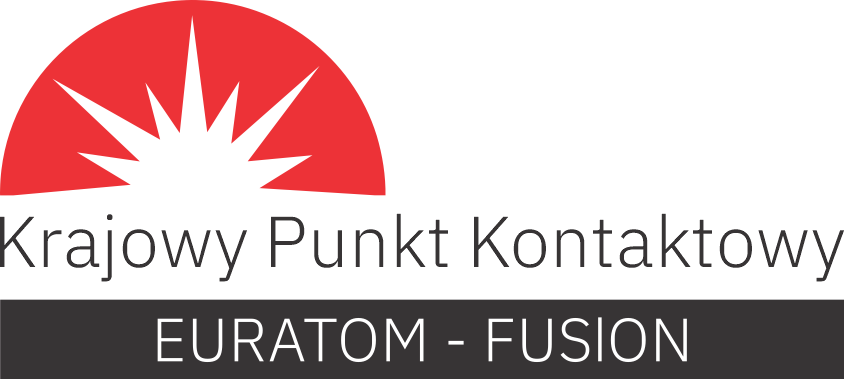 The ITER Council convened this week for its 34th meeting, where nearly 100 attendees reviewed significant updates to the project baseline. The proposed changes aim to optimize the overall project schedule, minimize delays in substantial research operations, and reduce technical and licensing risks.
The ITER Council convened this week for its 34th meeting, where nearly 100 attendees reviewed significant updates to the project baseline. The proposed changes aim to optimize the overall project schedule, minimize delays in substantial research operations, and reduce technical and licensing risks.
Director-General Pietro Barabaschi, who took office in October 2022, spearheaded these reforms. They focus on streamlined project management, enhanced quality control, and improved reporting. The need for a revised baseline arose from delays due to the Covid-19 pandemic and technical challenges inherent in the novel components of the project.
The updated baseline was presented by the ITER Organization and the Domestic Agencies during the meeting on 19-20 June 2024. The proposal prioritizes the commencement of significant research operations as swiftly as possible. This includes consolidating tokamak assembly stages, enhancing pre-assembly testing, and mitigating risks in machine assembly and commissioning. The revised timeline foresees deuterium-deuterium fusion operation in 2035, followed by full magnetic energy and plasma current operations, setting a solid foundation for subsequent deuterium-tritium fusion.
The Council affirmed ITER's critical role in global fusion research and the importance of aligning the project with national fusion programs of its members. The proposed baseline will undergo further evaluation, including cost and schedule implications, before the Council reconvenes in November 2024.
Throughout the two-day meeting, the Council received updates on various aspects of the project, including progress in construction, manufacturing, assembly, and licensing. Notably, repairs on key components like the vacuum vessel sectors and thermal shield are underway. Manufacturing milestones include the completion of all toroidal and poloidal field coils, with a celebration planned for 1 July to mark this achievement. Additionally, significant progress has been made in the assembly of central solenoid modules and the installation of magnet feeders.
In response to a directive from November 2023, ITER has increased its engagement with private sector fusion initiatives. A recent workshop saw strong participation from global fusion start-ups, research institutes, and government agencies, reinforcing the importance of ITER’s mission as a complement to private sector efforts in fusion R&D.
The Council also welcomed Ms. DeLeah Lockridge as the new Head of the Engineering Services Department and endorsed ongoing efforts to enhance the department's structure in preparation for a fully matrixed organization by 2025.
Members of the Council reiterated their commitment to the ITER mission, emphasizing the project's value and their dedication to overcoming challenges. They also expressed support for integrating diversity, equity, and inclusion principles into the project’s work culture and hiring practices.
Looking ahead, Director-General Barabaschi will hold a hybrid press conference at 10:30 a.m. CET on 3 July 2024 to provide further details on the updated project baseline.
For more information, visit the ITER website.
Source: https://www.iter.org/
Photo: 34th ITER Council. Credit © ITER Organization, http://www.iter.org/














































































